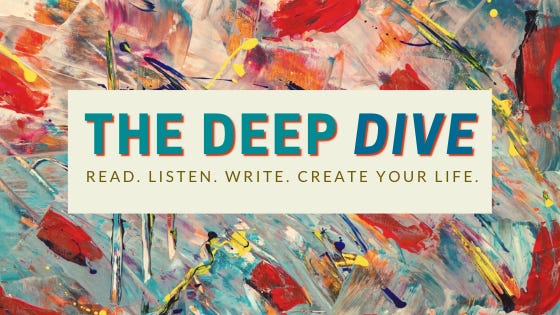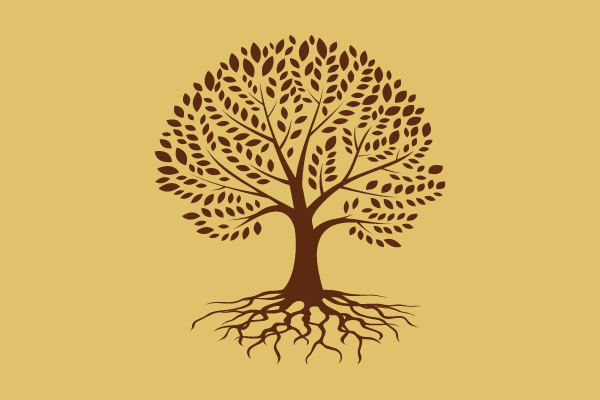Welcome to “Waging Peace”
Remember, you’re the co-creator of this dive. Do as much or as little as you’d like, when you’d like, how you’d like, with the materials I provide. Just keep gentle faith with yourself.
Set your intention
Take a moment to name the primary intention you have for this month-long deep dive and/or this particular session. Take a quiet moment to center yourself in that intention.
Receive the music
Try to refrain from judging the music as “good” or “bad” or forming an “I like it” or “I don’t like it” opinion. For a few minutes, cultivate curiosity and openness. If resistance arises in you, be curious about that too.
Read the poem
I invite you to read this poem twice—aloud, at least once. You may also listen to my reading of the poem, perhaps with your eyes closed.
Note: I strongly urge you not to react too quickly to this poem. It holds a profound surprise.
REFUGEES Brian Bilston They have no need of our help So do not tell me These haggard faces could belong to you or me Should life have dealt a different hand We need to see them for who they really are Chancers and scroungers Layabouts and loungers With bombs up their sleeves Cut-throats and thieves They are not Welcome here We should make them Go back to where they came from They cannot Share our food Share our homes Share our countries Instead let us Build a wall to keep them out It is not okay to say These are people just like us A place should only belong to those who are born there Do not be so stupid to think that The world can be looked at another way (now read from bottom to top) (found at this link)
Contemplate/Create
Use any of these questions however you wish—e.g., as openings for meditation or prayer, as prompts for journaling or poetry-writing, as sparks for drawing or painting, as catalysts for change-making . . . You may also ignore my questions altogether to go off in other directions!
Reflect on the way the poet constructed this poem. What (if anything) might his method imply about how we can wage peace?
What did you feel, think or experience in your body as you read the poem top to bottom? Then as you read it bottom to top?
Challenge: Try to write or create something whose meaning totally changes depending on your position or point of view in experiencing it.
Want to visit with other Rafters in the Deep Dive?
Leave a comment on this post using the button. (Note: if you haven’t created a Substack profile yet, you’ll be asked to do so before you can comment.)
These materials are for educational purposes only. Not for sale or reproduction.
Join me and a SPECIAL MYSTERY GUEST
for a closing Zoom on February 1!
6:00-7:00PM Central (7:00 ET, 5:00 MT, 4:00 PT)
Let’s close “Waging Peace” with a time of voluntary sharing. (It’s fine just to listen!) Come and reflect with other Rafters on this Deep Dive.
Registration is required for this celebration.
(Note: Minimum of five people must have registered for the Refuge by midnight, January 31, in order for this Zoom to take place. Thanks!)









Fascinating - I have never read a poem that works like that. What a creative way to write! The first way around roiled my blood...it is Iowa Day and I was already sad that so much of the world thinks the way it does. But then- hope! Thank you!
When I saw the poet was Brian Bilston, I figured something was up. I reacted in the same way Kate Fisher's class did (scroll down from the poem on the original link page). I was really wondering where the heck he was going with the poem, since the sentiments on the first read were so awful. I was very relieved and moved by the second reading, from bottom to top. "So do not tell me / They have no need of our help."